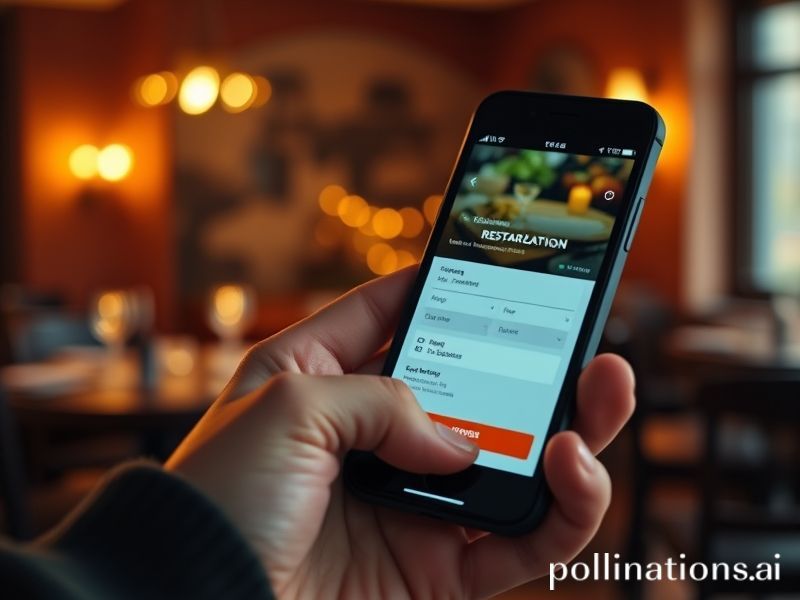Why ‘Booking’ Is the Unexpected Trending Term of 2023: A Nostalgic Deep Dive
**📅 “Booking” It Old School: Why This Term Is Having a Major Comeback**
Alright, listen up, you cool cats and kittens of the internet! There’s a term that’s been making waves globally, and it’s not some fancy new slang or a TikTok dance craze. Nope, it’s something straight out of your grandma’s vocabulary: “booking.” That’s right, folks, we’re talking about the act of making a reservation or an appointment. But why, you ask, is this seemingly mundane term suddenly trending? Let’s dive in and find out.
**The Cultural Context: From Analog to Digital**
Once upon a time, in the dark ages before smartphones and instant gratification, people actually had to “book” things. They’d pick up a phone (the kind with a cord, kids), dial a number, and speak to a real, live human being to secure their spot at a restaurant, concert, or doctor’s office. It was a time of patience, of waiting, of… gasp… calling back if the line was busy. But here’s the thing: even as technology advanced and online booking systems became the norm, the term “booking” stuck around. It’s a linguistic fossil, a relic of a bygone era that refuses to go extinct.
**The Social Impact: A Global Phenomenon**
So why is “booking” trending now? Blame it on the pandemic, folks. With lockdowns and social distancing measures in place, the world turned to digital platforms to keep things running. From Zoom meetings to online fitness classes, we’ve all become accustomed to scheduling our lives with the click of a button. And guess what term is used universally across these platforms? You got it – “booking.”
But it’s not just about the digital shift. There’s a certain nostalgia attached to the term “booking” that’s resonating with people. It’s a reminder of simpler times, of a world where we didn’t have to worry about algorithms and AI. It’s a term that’s equal parts retro and relevant, and that’s a powerful combination.
**The Significance: Why “Booking” Matters**
You might be thinking, “It’s just a word, chill out.” But language is never just language. It’s a reflection of our culture, our values, and our collective consciousness. The resurgence of “booking” is a testament to our desire for connection, for human interaction, and for a sense of normalcy in these uncertain times.
Moreover, the term “booking” is a unifier. It’s used across languages and cultures, from “reservar” in Spanish to “réserver” in French, and “预订” (yùdìng) in Chinese. It’s a universal concept that brings us together, reminding us that, despite our differences, we all have to make plans and stick to them.
**The Future of “Booking”**
So, what’s next for our beloved term? Will it continue to trend, or will it fade into obscurity once again? Only time will tell. But one thing’s for sure: “booking” has earned its place in the linguistic hall of fame. It’s a term that’s stood the test of time, adapting and evolving with the world around it. And hey, if there’s one thing we’ve learned from the internet, it’s that nothing ever truly dies. It just gets repurposed, remixed, and reborn.
So here’s to “booking,” the term that’s booking it to the top of the trends chart. May it continue to bring us together, one reservation at a time.







